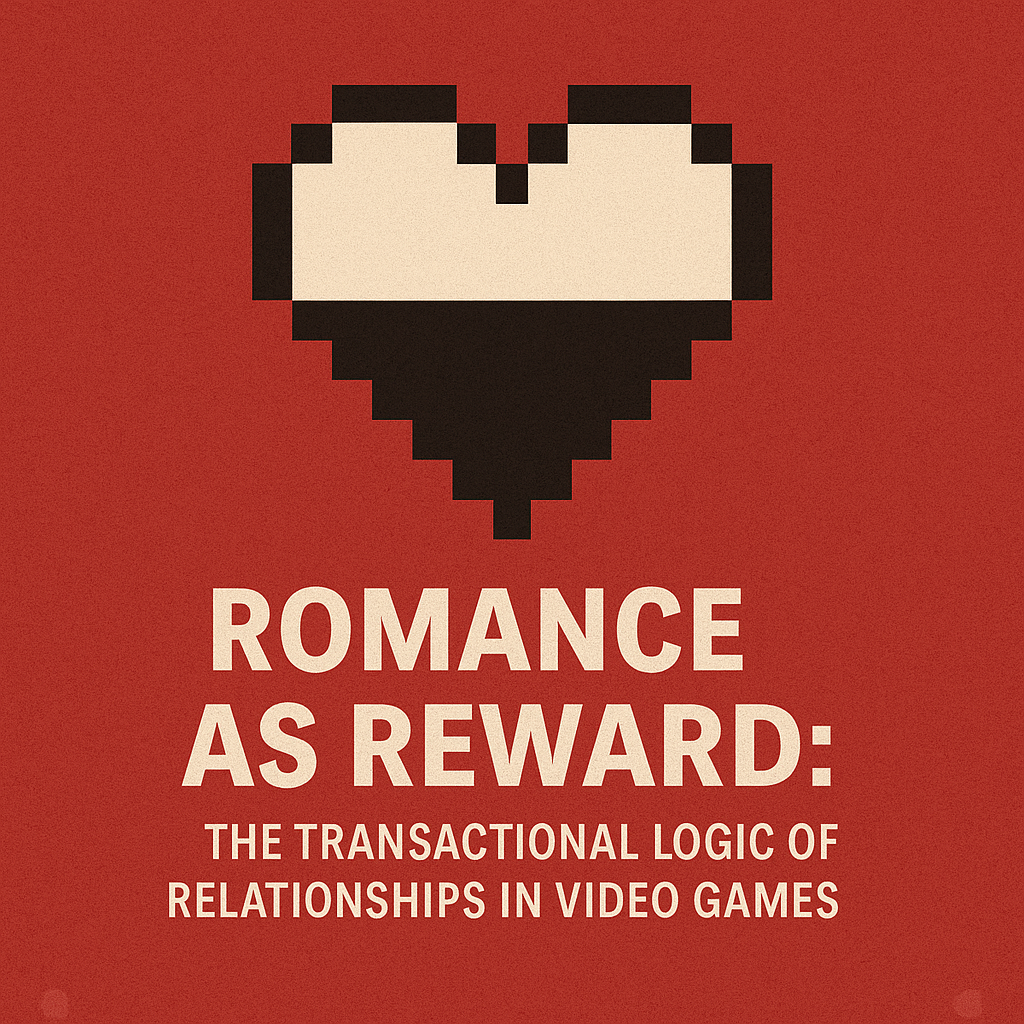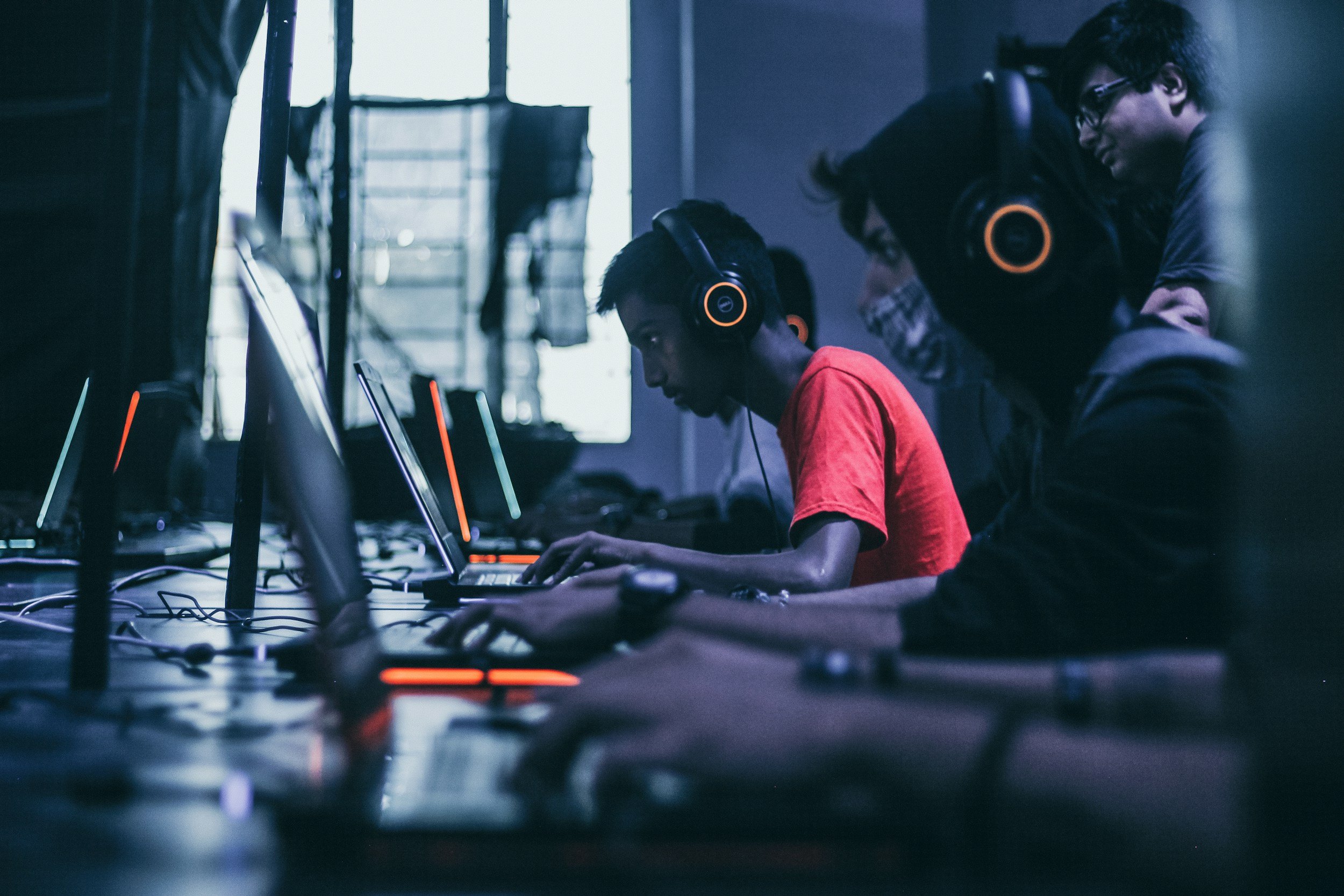How Do Horror Video Games Influence Fear and Anxiety Levels?
Horror video games, with their immersive environments, eerie atmospheres, and intense narratives, are designed to evoke fear and anxiety. These games often push players to confront their deepest fears through interactive and often terrifying scenarios. Understanding how horror video games influence fear and anxiety levels provides insights into the psychological impacts of this genre and its potential therapeutic and educational applications.
The Mechanics of Fear in Horror Video Games
Horror video games utilize various techniques to evoke fear and anxiety. These include:
Atmospheric Design:
Dark environments, unsettling soundscapes, and sudden, unexpected events are common elements. Games like Silent Hill and Amnesia: The Dark Descent use ambient sounds and visual cues to create a persistent sense of dread and tension.
Narrative and Storytelling:
Compelling, often disturbing narratives draw players into the game world. Psychological horror games, such as Outlast and Layers of Fear, employ storytelling to build suspense and create emotional investment, heightening the fear response.
Gameplay Mechanics:
Limited resources, the inability to fight back, and unpredictable enemies contribute to a feeling of vulnerability. Survival horror games like Resident Evil and The Evil Within often place players in situations where they must make strategic decisions under pressure, intensifying the experience of fear.
Psychological Responses to Horror Video Games
Immediate Fear Response:
Horror games effectively induce both psychological and physiological fear. Physiologically, these games can trigger the fight-or-flight-or-freeze response, leading to increased heart rate, adrenaline release, and heightened alertness. Horror video games can significantly increase physiological arousal compared to non-horror games, indicating a strong immediate fear response.
Anxiety Levels:
Prolonged exposure to horror games can affect anxiety levels. While some players may experience increased anxiety during and after gameplay, others may find it thrilling and enjoy the heightened emotional state. Research by Lench, Flores, and Bench (2011) suggests that individual differences, such as personality traits and prior experiences with horror media, influence how players respond to these games.
Desensitization:
Repeated exposure to horror games can lead to desensitization, where players become less sensitive to fear-inducing stimuli. This can result in a reduced fear response over time. However, it is debated whether this desensitization transfers to real-life situations. A study by Carnagey, Anderson, and Bushman (2007) found that repeated exposure to violent video games, including horror games, reduced physiological responses to real-world violence.
Potential Therapeutic and Educational Applications
Exposure Therapy:
Horror games can be used in exposure therapy for anxiety disorders. By safely exposing individuals to fear-inducing stimuli within a controlled environment, these games can help reduce fear and anxiety responses. There is growing potential for using virtual reality horror games to treat phobias and anxiety disorders by gradually exposing patients to their fears.
Stress Management:
Playing horror games can also serve as a form of stress relief for some individuals. The controlled environment allows players to experience and process fear in a safe setting, which can be cathartic. This aligns with the concept of "recreational fear," where experiencing fear in a safe context can provide emotional release and enjoyment.
Empathy and Perspective-Taking:
Horror games with strong narratives and character development can foster empathy and perspective-taking. By placing players in the shoes of vulnerable characters, these games can enhance understanding of fear and anxiety from different perspectives, which can be particularly useful in educational settings.
Negative Impacts and Considerations
Increased Anxiety and Stress:
For some players, especially those prone to anxiety disorders, horror games can exacerbate anxiety and stress. It is important to consider individual differences and avoid excessive gameplay that might lead to negative psychological effects. A study by Bányai et al. (2019) highlights that while many players enjoy horror games, those with high anxiety sensitivity should approach this genre with caution.
Sleep Disturbances:
Playing horror games, especially before bedtime, can lead to sleep disturbances. The heightened arousal and lingering fear can interfere with sleep quality, leading to issues such as insomnia and nightmares. Research by Exelmans and Van den Bulck (2015) indicates that media consumption, including horror games, can negatively affect sleep patterns, particularly in younger individuals.
Distinction Between Reality and Fiction:
For some individuals, especially children and adolescents, distinguishing between game content and reality can be challenging. This can lead to increased fear and anxiety in real-life situations. Educators and parents should guide young players in understanding the fictional nature of horror games to mitigate potential negative impacts.
Simply Put
Horror video games are a powerful medium for evoking fear and anxiety through immersive environments, compelling narratives, and strategic gameplay mechanics. While these games can increase immediate fear responses and anxiety levels, they also offer potential therapeutic and educational benefits, such as exposure therapy and stress relief. However, it is crucial to consider individual differences and potential negative impacts, such as increased anxiety and sleep disturbances. By understanding the psychological effects of horror video games, players and practitioners can better navigate the complex relationship between this popular genre and mental health.








